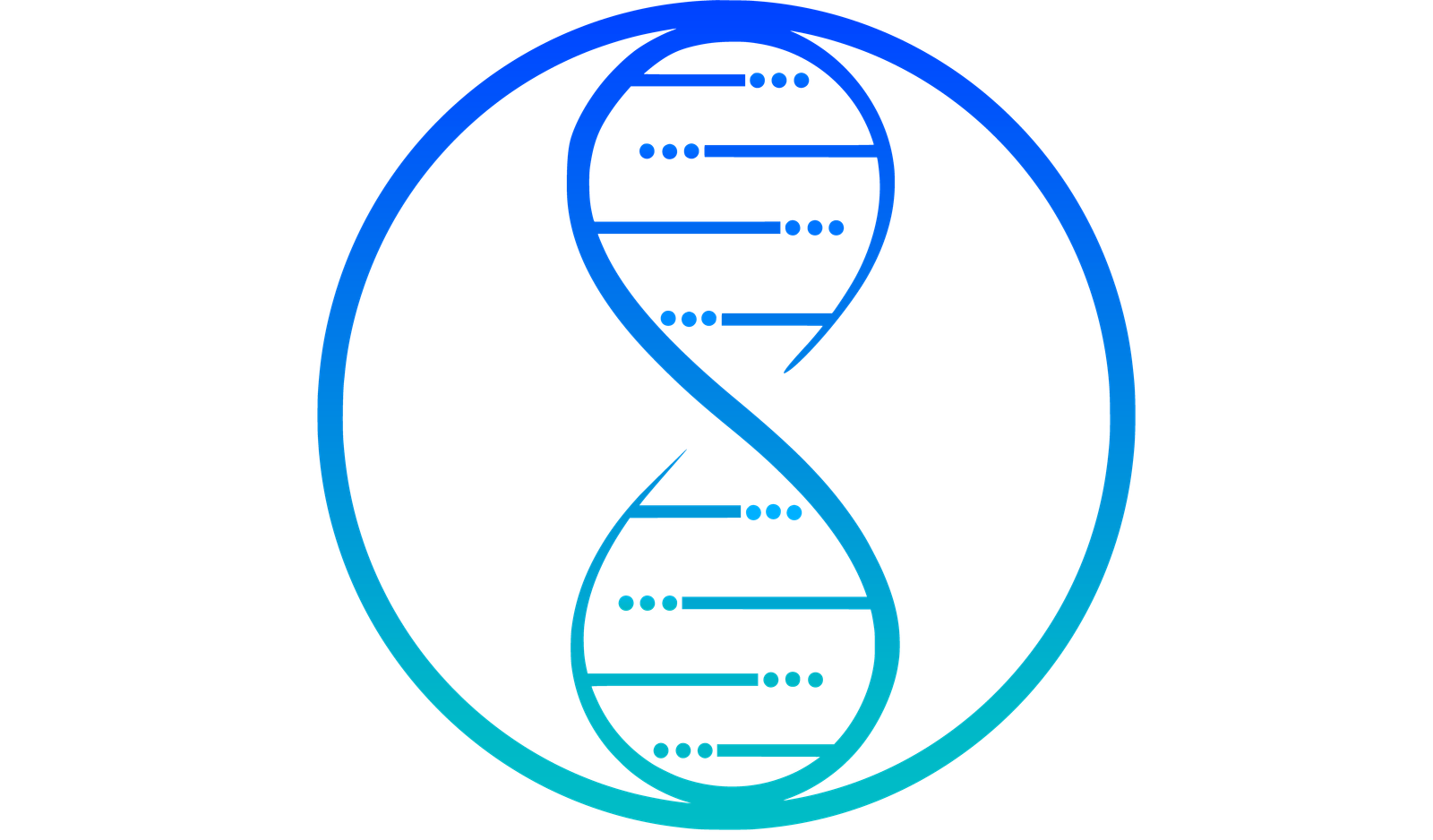By now, you’ve likely heard the saying, ‘You are what you eat.’ While it’s not the whole story, but there’s some truth to it.
Did you know that what you eat can directly influence your mood? This fascinating connection is worth exploring.
First, our gut has a microbiome or balance of bacteria. Some are good, and some are bad.
When we eat nutrient-rich, whole foods, we feed the good bacteria and keep things balanced, like our blood glucose, insulin levels, mood, and energy.
Also worth mentioning, 70-80% of our immune cells are in our gut.
However, when we indulge in processed, high-sugar foods like soda, bread, iced coffees, cookies, etc.,
We over feed the bad bacteria, disrupting our gut microbiome or bacterial balance and potentially leading to health issues like SIBO (small intestine bacterial overgrowth).
Feeding the harmful bacteria causes other issues as well, like skin breakouts, cotton mouth, bad breath, tartar and plaque build-up on the teeth, cavities, dark patches on the skin, skin tags, indigestion, low stomach acid, premature skin aging, sluggish mitochondrial function.
Consider this: The quality of your food directly impacts your mood. Choose high- quality, nutritious options, and you’ll find yourself energized, nourished, and ready to conquer the day.
Conversely, if you choose low-quality, processed foods, you may feel exhausted and anxious and reach for a ‘snack’ just a few hours later.
Think of it this way: 87 octane is still gas, just a cheaper, dirtier-burning form. G3 or (premium) gas is cleaner, burns slower, and gives your engine more miles to the gallon if you pay the extra price.
Quality animal products, healthy fats, and seasonal fruits and veggies are high-quality, premium, slow-burning fuel to our bodies. Here is how it affects our mood.
The gut-brain axis:
What we eat directly affects what we think and how we feel because of the enteric nervous system; the enteric nervous system is located in our gut and communicates to our brain via the (HPA-axis) or gut-brain axis, which is just a fancy way of saying the bugs in your gut are constantly communicating with your brain via the enteric nervous system to either “crave” good food or junk.
When we eat food of any kind, our blood glucose rises. A slightly elevated glucose level is normal.
Still, when we eat a majority carbohydrate meal like a pizza, we get a blood sugar spike, a sharp rise that may stay elevated for several hours, depending on what we do after consuming such a meal.
Blood sugar spikes can affect our mood because our brilliant nervous system knows that when blood glucose rises above a specific number, it can damage our nerves, kidneys, and blood vessels.
Our mood is directly affected because instead of feeling alert and energized, we feel irritable and exhausted.
Most people don’t know that feeling tired after a meal is caused by spiked blood glucose. In closing, choose your food wisely because your mood depends on it.
Cheers, Casey
Disclaimer. I am not a doctor. Nothing in this post or website should be construed as medical advice. This post is not meant to diagnose or treat any medical conditions. Please consult with your medical doctor or functional medicine practitioner for any health concerns you may have.




